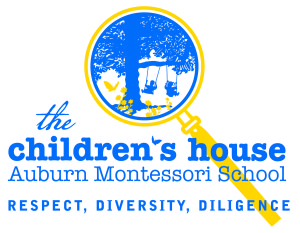Tonight’s Language Workshop stimulated a variety of questions. We talked about a parent’s role in attaching words to feelings, i.e. using words to help a child identify that her feeling is “This is you – hungry. The rumbling in your tummy, is making your body agitated. It is a signal that tells you that you are hungry. This is you throwing a tantrum. It is not helpful. Just tell me that you are hungry.” We talked about how easy and quick it was to be able to say a word like ‘hate’ vs how much time and effort it will take to say a group of words that accurately expressed one’s self, like ‘I don’t particularly agree with this idea. Let’s think about a different one.” We talked about being aware of the noises in our houses and expecting a child to filter through them, in order to identify the parent’s voice and figure out what is being asked or said. These noises may include shows on TV, videos on a computer, radio, phones, appliances, vacuum cleaner, heater etc. We also talked about ways to avoid yelling to each other in our homes, and being able to display the same behaviors that we hold our children to. Example, A child yelling to a teacher would receive this response “I do not yell at you, please do not yell at me.” or if a child is ignoring when he is being called, the teacher would walk over to the child and review the rules: “Do you know your name? Do you know how to respond when your name is called? Let us practice. I expect for you to acknowledge me when I call your name.” Besides everyday matters, Ms. Susan presented the year long calendar laid out in days and divided into weeks, months and seasons. She also showed a couple lessons on the Arctic and showed how a child would be expected to lay the cards out in order and be able to match them by pictures, objects and words. We talked about the importance of speaking in clear complete sentences in order for a child to mimic the words to be successful at identifying each word and deciphering its sounds. This skill comes in handy when a child is expected to write the thoughts that are in his mind. We talked about the ‘isolation of difficulty’ as a strategy used to break down complicated skills into to it’s simplest parts, so that a child could be encouraged to practice independently and his own pace. These are only a sample of the topics discussed at tonight’s meeting. I have attached a copy of the presentation in the ‘Docs’. It includes language milestones for toddlers, preschoolers and school aged children. Looking forward to seeing you at our next workshop.

